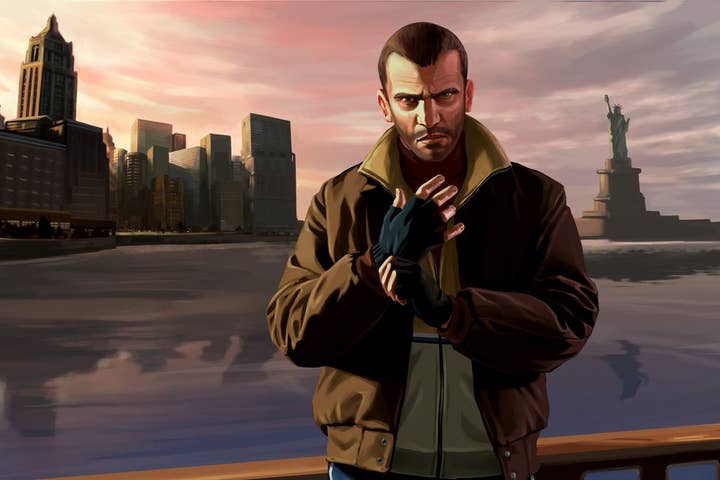From Rockstar Lincoln studio head to anti-crunch advocate
Mark Lloyd shares how he embraced crunch culture, how he got out of it, and how he's dealing with the lingering guilt and regret
I'll have you consider the possibility that this could happen to any of us in this industry. I don't know about you, but in my experience it always seems to go this way. This will be strikingly familiar.
It starts with me, standing in front of the whole team at Rockstar Lincoln in 2007, during the development of Grand Theft Auto IV.
"I've just had New York on the phone."
It was the third time in the last 24 hours -- I can't help but look down at the floor for a moment.
"The release date has moved, the game isn't ready, we already knew it was going that way."
There is silence in the room. I can hear the sighs… It's made even worse by knowing that many of the team were on yet another long shift, living on unhealthy takeaway, Red Bull and coffee.
"We are going to have to push on and work harder to get this done."
There is shuffling and unhappy faces. Everyone is looking at the floor now. I'm in a pretty bad place. So are the team and Dianne, my long suffering partner who hasn't seen me for weeks.
Rewind 20 years and I was just starting out, looking for a way into what I loved to do: video games.
Before the games industry
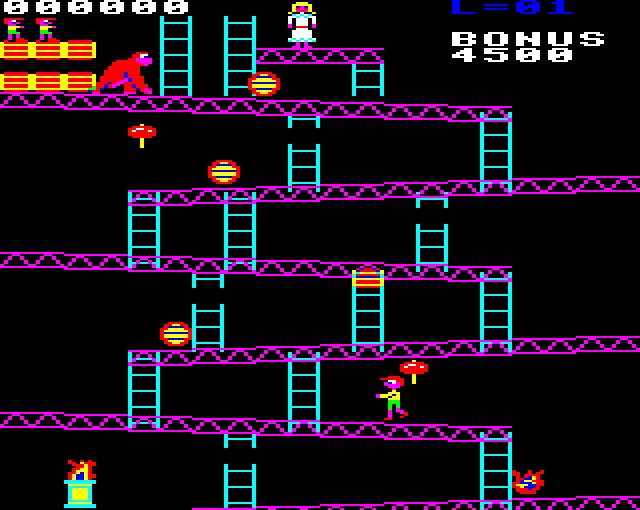
From the moment of my first computer -- an off-white and square Acorn BBC Model B, with its bright red top row of keys -- was under my fingertips I knew I loved games.
It was 1981, and as a 14 year-old I was hooked. Unfortunately for me, coming from a council estate in Bradford (I've no idea to this day why my step-father brought that computer home), the routes into games then were somewhat narrow.
So I joined the Armed Forces at the tender age of 17 and became an Aeronautical Engineer in the Royal Air Force, fixing military aircraft. Fast forward to 1999, with well over a decade in the military, and an opportunity to get into the games industry presented itself.
"I know it will seem to the readers ironic that I now rally against crunch"
Tarantula Studios was a great little Game Boy development studio, tucked away in 'uphill Lincoln.' It would be my chance to get into the industry and, eventually, give me access to build a studio. Rockstar Lincoln's birth and the journey had begun.
As I write this, I know it will seem ironic to readers that I now rally against crunch, especially as a former studio head within a company that makes amazing games but with well documented and lengthy crunches to get them released.
Maybe it was the military experience, but we built the Lincoln team and continued to expand it on the core values of reliability, quality, and delivering what we promised. These are values I still have today.
But these values, coupled with crunch, can mean we work 'at any cost,' and this is making video games. Our livelihoods are at stake, but crunch destroys teams rather than protecting them with those values that drive success. I know this now.
How we learned to crunch, and when it started to go wrong
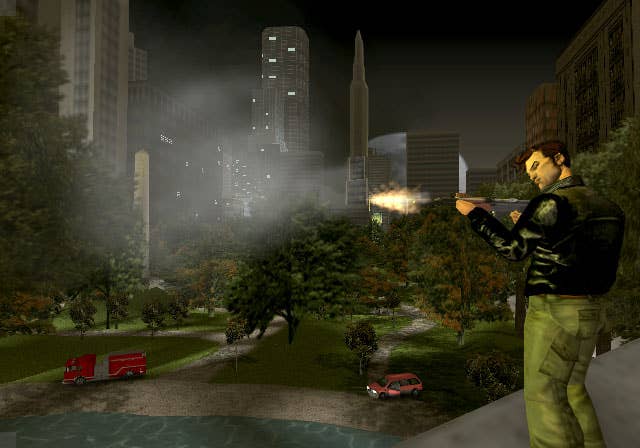
On September 11, 2001, when the Twin Towers attack happened, we watched in horror as events unfolded live on TV. The turmoil in New York meant that the Lincoln team now had to do everything it could to help Rockstar North and support the displaced New York team to get Grand Theft Auto III out in October. Lincoln played its part, and the title was a turning point in video games history. We wore our first 'real' and extended crunch like a badge of honour, and why not?
We were separate from the Tarantula Studios dev team by then, which was unfortunately closed down in 2002, leaving only the Lincoln QA, Localisation and Production team. We grew quickly. Grand Theft Auto: San Andreas launched after the most substantial crunch so far, each one building upon the last.
In September 2007, it was Grand Theft Auto IV. This development cycle represented the most prolonged and sustained crunch so far. Teams worked 24/7, split shifts, 12 hours minimum for everyone, and we'd already been crunching several months.
"Teams worked 24/7, split shifts, 12 hours minimum for everyone, and we'd already been crunching several months"
Very long days were standard, longer with handovers at 8am and 8pm. Working from 7 am to 10 pm daily was normal. The US time difference, the enormity of the project, and the size of the bug database all contributed to the "always on" requirement to get the work done. 'The call' had meant that launch was delayed to the following year: April 29, 2008.
What a mess. My team was stronger, galvanized in the crunch, but smashed. Grand Theft Auto IV, like all the others, was groundbreaking. But the cost? No home life. I hadn't seen my family properly for months. I was unhealthy, unhappy, and exhausted, and I suspect the whole team was too.
While I take full responsibility for the decision to crunch in this way, I believe and feel to this day that, at that particular time in the studio, the team and culture (outside of crunch damage) was of the highest order. The work ethic, capability, and desire were second to none. This was a real team. We needed to keep studio growth and momentum going. Jobs, livelihoods, mortgages depended on it.
I can't believe it myself when I say it. Dianne will always confirm the family 'removal' point back to me. You know how that feels, how hard it is to explain that you're working again, and again, and again.
The vehicle that is crunch -- with which we applied the studio's extensive capability -- was flawed, and I only started realising after San Andreas that I would start to regret and feel guilty about it for years.
Red Dead Redemption would be the final excessive crunch for me. Things had to change.
Regret, grieving, and change
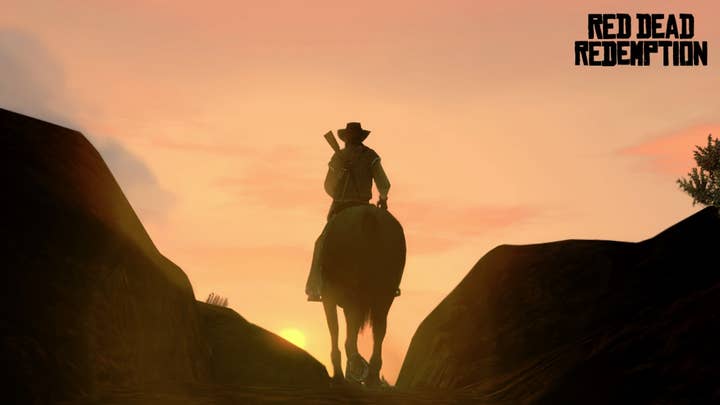
I left Rockstar Lincoln after Red Dead Redemption, in 2011. I couldn't and didn't want to do this anymore.
For three months, I sat at home as I went through my notice period with Rockstar, and it felt like grieving. Was I feeling sorry for myself at that point? Maybe… But I'd spent the last 12 years with a team that were my friends -- more than that -- and while I had massive pride for what the studio had achieved and the titles we had worked on, I also felt incredibly guilty for how we just kept doing the excessive hours, how I failed to change that pain for the team.
Yes, we had many laughs, built tremendous camaraderie, and 'over-delivered' in many ways. The learning, capability, and growth were vast. But I think there was more human cost than we and I ever acknowledged. Our families, our lives, our time.
"I still feel bad about that time, which has led to me disconnecting in many ways from the Lincoln studio and the team since 2011"
It's hard to see that cost when you are in amongst it. You do what needs to be done. But afterwards, you have time to think, to reflect. I believe that when I left Lincoln some team members understood, but others felt like I had abandoned ship. (I felt like that.)
I didn't fully express these feelings then, the guilt especially. Onwards and upwards and all that. But I had an overwhelming sense of moving towards some kind of destruction if things didn't change. It didn't feel like that change could be made in that role.
To this day, I still feel bad about that time, which has led to me disconnecting in many ways from the Lincoln studio and the team since 2011, apart from a few people I occasionally speak to on social media. Just another reason to continue to regret. Those good people were a huge part of my life.
That regret has fortified me over these last eight years to move away from crunching development, and that new journey started with a different approach at The Blast Furnace -- or so I thought.
A new start, a different way of working
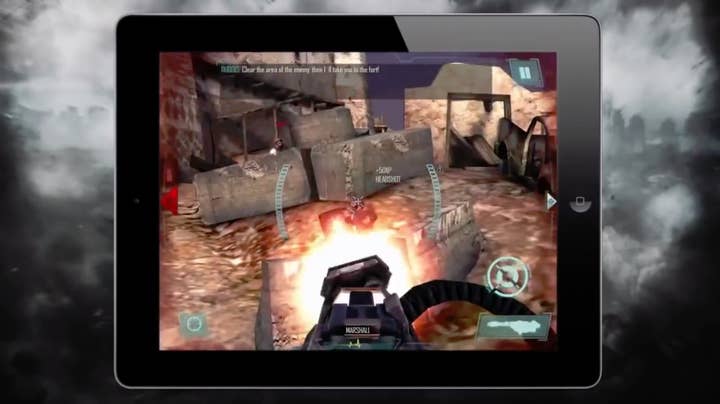
Throughout 2011, I tried to get traction as a consultant, but my heart really wasn't in it. I missed the fully connected teamwork, the people aspects. I still do a little to this day. I'd worked with people every day in person for over 30 years.
Joining Activision in 2012 and building The Blast Furnace in Leeds was a new adventure, working with another hugely capable team and a remit to create amazing games. As with many studios owned or funded by large publishers, it didn't work out. Larger forces at work and deals I suspect way above the studio's responsibility and pay grade led to its demise.
We did crunch at times, but not in any way like Rockstar. We were more efficient and effective at what we did, and my focus was on keeping the team productive, but happy, motivated and rewarded. This time, though, closing the studio down, making people redundant as part of the process, more friends and colleagues displaced, had a profound effect on my desire to work for large corporates.
"Without a doubt, the vibrancy of the indie scene here has sparked and re-energized my games industry passion"
Dianne and I moved to Scotland in summer 2018, found ourselves in the countryside north of Dundee -- one of the original birthplaces of the games industry, home of Grand Theft Auto, Lemmings, and others. Without a doubt, the vibrancy of the indie scene here has sparked and re-energized my passion. There is a freshness in video games here in Dundee that comes from the graduates flowing out of Abertay University and a settled number of independent studios that are making new titles year on year.
All independent studios need to really look at how they can avoid crunch and keep their teams working creatively, while motivated and inspired. This means understanding that when developing software, there's a requirement to accept that there are many moving parts and change is inevitable. Embracing change, rather than fearing it, is a capability and can be a real strength in getting to that release date.
The people in the dev teams build the projects. If any of these people are working without the correct knowledge, operating with fear, or believe it will be easy, then a studio is already starting from a negative position. Managing knowledge and capability within a supportive rather than a blame culture is crucial for success.
Where creativity meets hard deadlines, some additional work is always required to catch up. If it comes from the team as part of their desire to create something fun and innovative and that will appeal to players, that's what should happen. But make no mistake, if a team needs to work harder and do more than usual to achieve a goal, it needs to have a collective, agreed, and communicated purpose, one that is both motivational and rewarding, whether intrinsically or extrinsically.
These are the building blocks to create a studio culture of less crunch and more success. I know what crunch really is, the damage it does, how it makes us all feel, how our families are affected, and our lives changed by it.
Making small but effective changes in how games are built and cultures in studios are fostered will enable a new, more sustainable and people-friendly way of developing video games. It starts with the creative talent of people and a methodology of delivery that will disrupt the 'old ways.'
Mark Lloyd is an industry veteran with 20 years' experience. He ran the Rockstar Lincoln studio for 12 years from its inception in 1999, was a founding member of Activision studio The Blast Furnace, and now works as a consultant. He has also written a book about excessive work practices titled 'Zero Crunch - The Best Way to Ethical, Cost Effective Software Development.'
